New McLaren CEO Michael Leiters has given his first interview in the role exclusively to Autocar. In this extensive Q&A, the ex-Ferrari technical chief outlines his plans for the Woking firm and how he has found the role and life at the company so far.
How are you finding it at McLaren, and is it as expected?

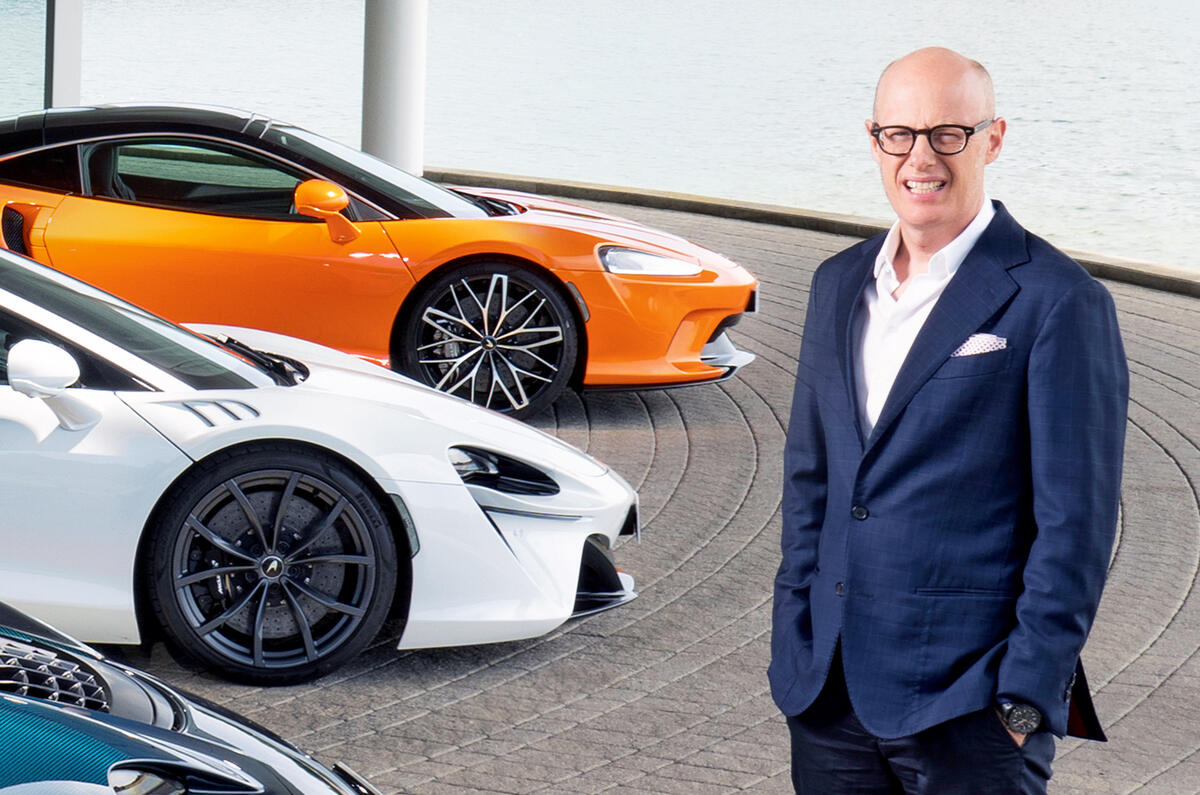
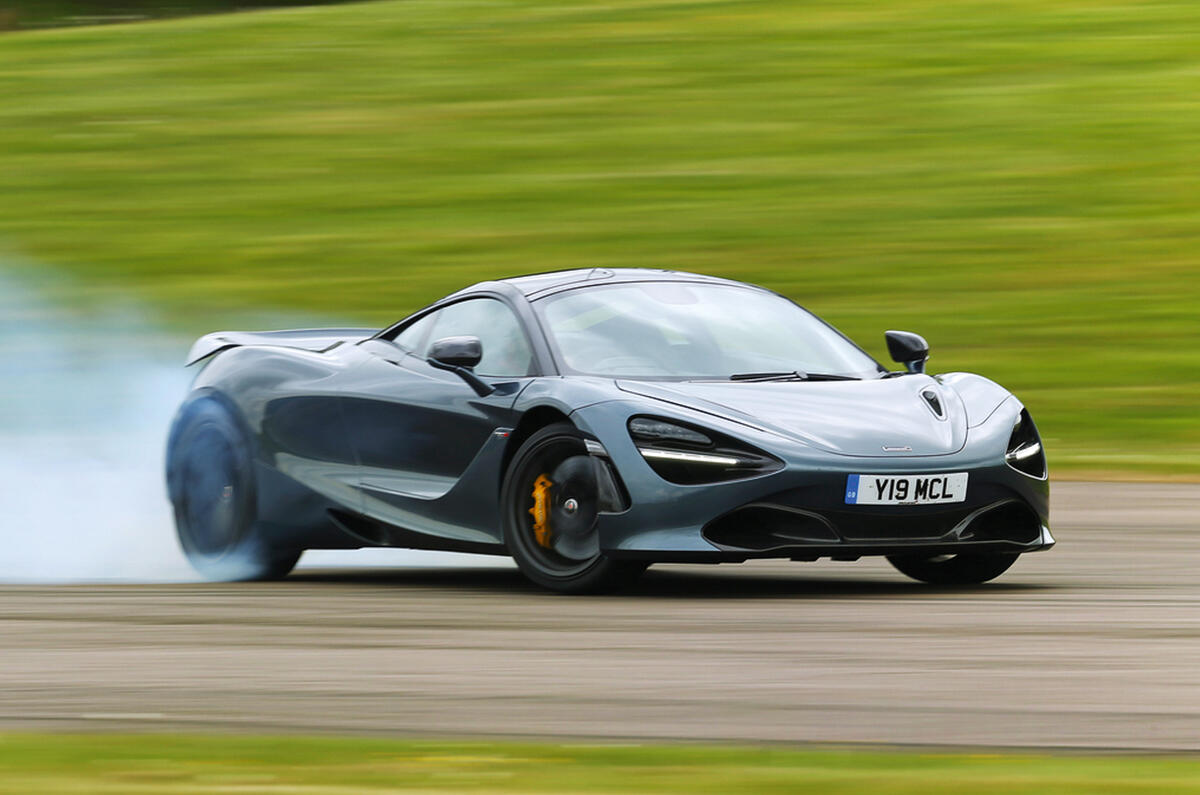
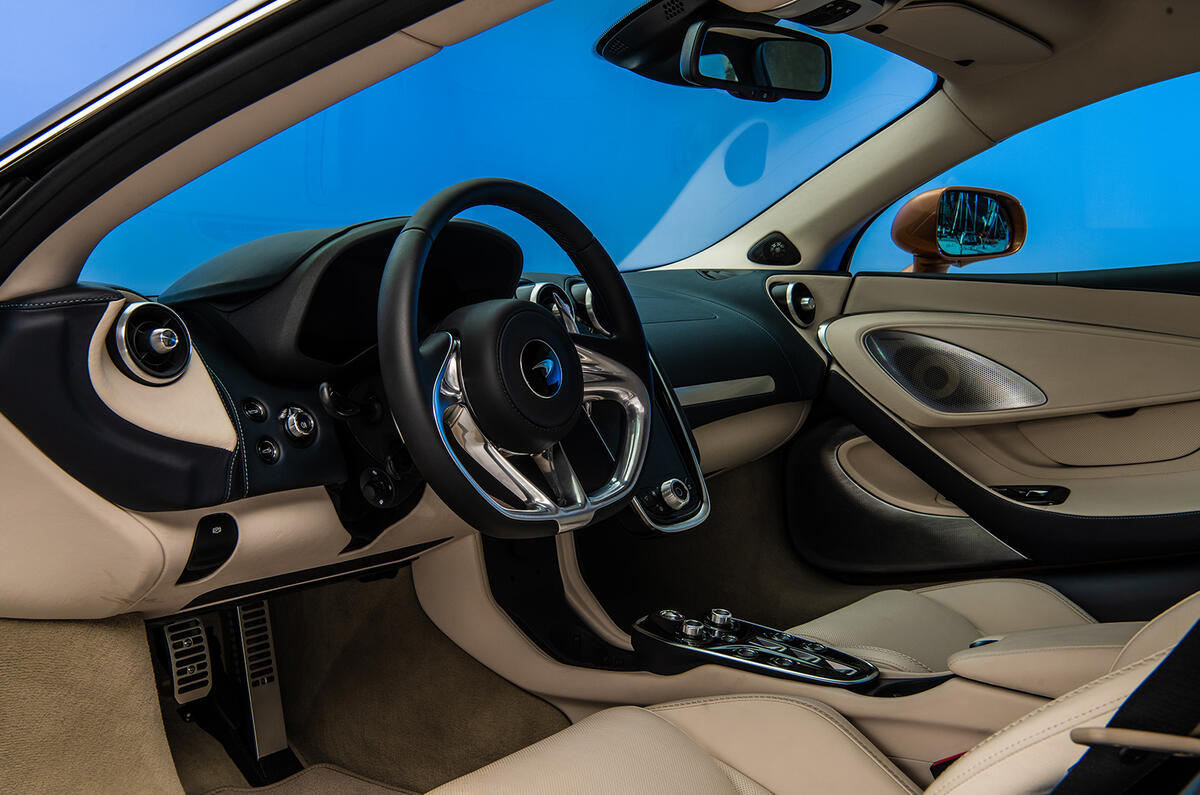
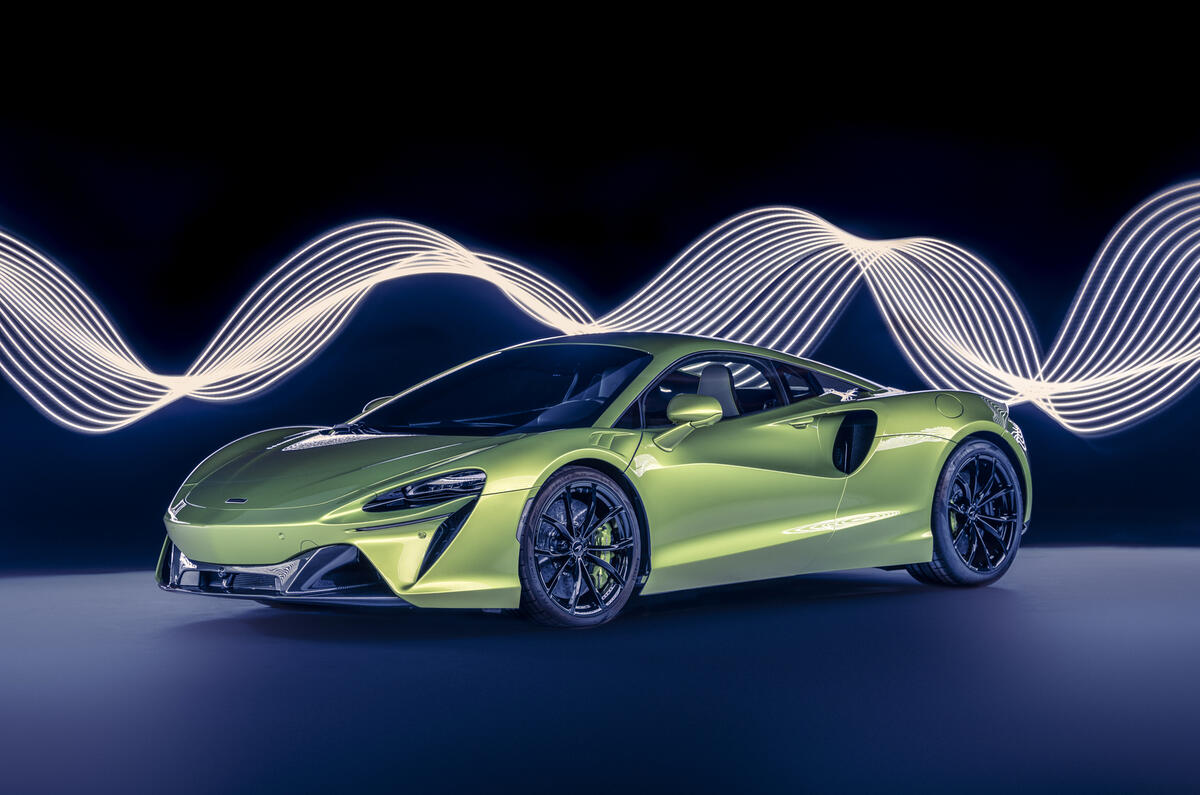
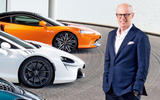





Add your comment